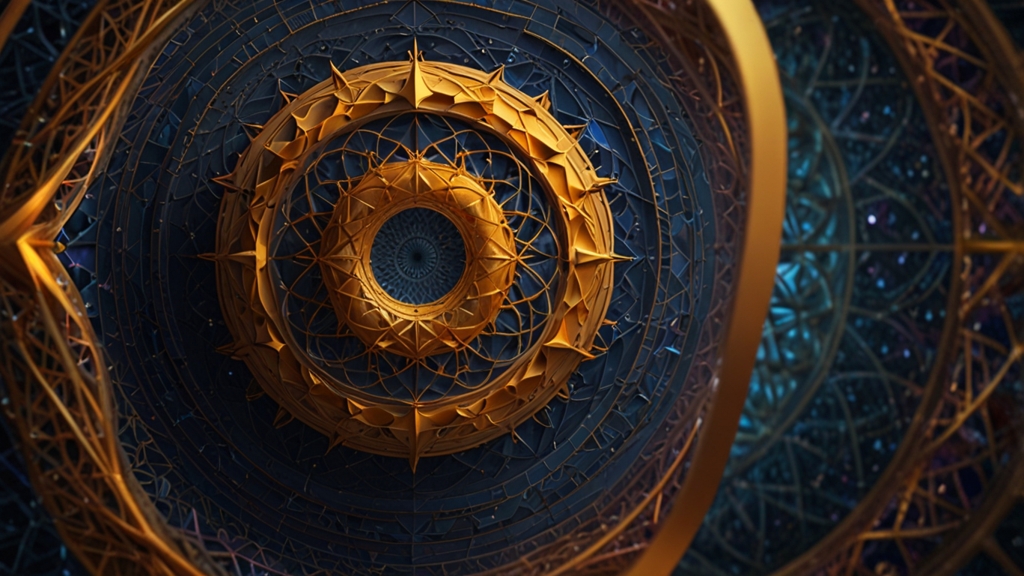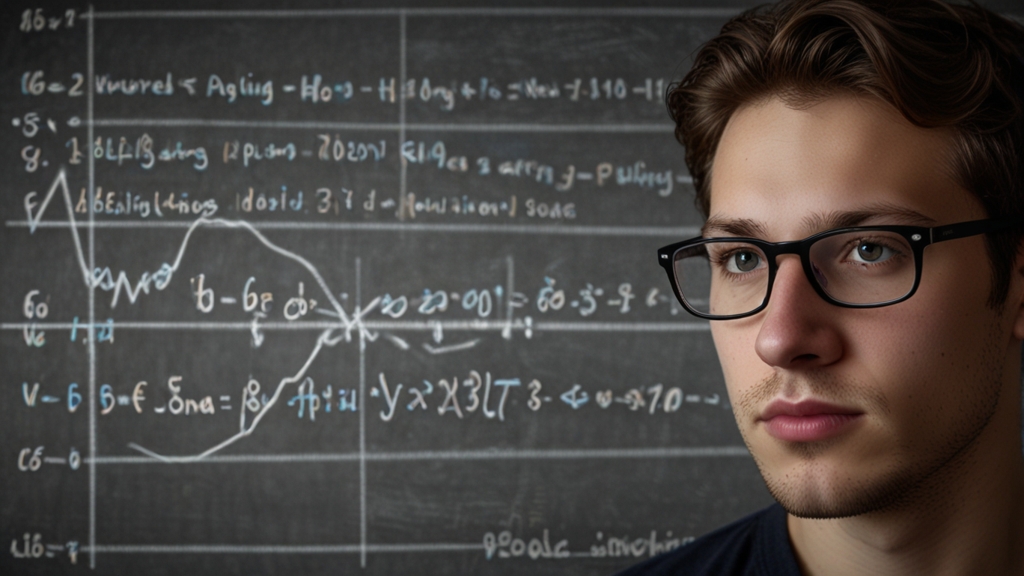The Quantum Leap: How Metaphysics Changes Our Understanding of Physics
Quantum mechanics has always been a fascinating, albeit perplexing, branch of physics. It challenges our traditional understanding of reality, forcing us to confront bizarre phenomena such as superposition, entanglement, and wave-particle duality. While many physicists focus on the technical aspects of these phenomena, a growing number of scholars are examining the metaphysical implications that quantum mechanics presents. The interplay between metaphysics and quantum physics is not only enriching our comprehension of the universe but is also prompting us to reconsider the very nature of reality itself.
Metaphysics and Physics: A Symbiotic Relationship
Metaphysics, the branch of philosophy that deals with the fundamental nature of reality and existence, has historically provided the foundational framework upon which physics is built. Aristotle's notion of causality and Newton's deterministic universe are both rooted in deep metaphysical assumptions. However, the advent of quantum mechanics has upended many of these long-standing principles, demanding new metaphysical interpretations.
The metaphysical questions stirred by quantum mechanics are not mere philosophical whims; they strike at the core of what we understand about existence, causality, and the nature of the universe.
Quantum Paradoxes: A Metaphysical Challenge
Quantum mechanics is rife with paradoxes that defy classical intuition. Schrödinger's cat, a thought experiment, illustrates how a quantum system can exist in multiple states simultaneously until it is observed. This phenomenon, known as superposition, directly challenges conventional metaphysical notions of objectivity and reality.
Another intriguing paradox is quantum entanglement, where particles become so interlinked that the state of one instantaneously influences the state of another, regardless of the distance separating them. This seems to violate the principle of locality, a cornerstone of classical physics, and posits a universe where information transfer occurs faster than light.
Interpretations of Quantum Mechanics
Several interpretations aim to reconcile these paradoxes with a coherent worldview. The Copenhagen interpretation, championed by Niels Bohr, suggests that a quantum system remains in superposition until observed, emphasizing the role of the observer in determining reality. This has profound metaphysical implications, suggesting that consciousness might play a fundamental role in the fabric of existence.
The Many-Worlds interpretation, on the other hand, proposes that all possible outcomes of a quantum event actually occur in separate, branching universes. This provides a deterministic framework but at the cost of an incomprehensibly complex multiverse.
There are also interpretations that attempt to unify quantum mechanics with classical mechanics. The De Broglie-Bohm theory, or Pilot-Wave theory, posits hidden variables that determine particle behavior, thus restoring determinism but at the expense of introducing ‘hidden’ elements that are not directly observable.
Implications for the Nature of Reality
Metaphysics compels us to ponder the essence of reality—whether it is objective and independent of observation or subjective and intertwined with consciousness. Quantum mechanics, with its inherent uncertainties and observer-dependent outcomes, suggests a fluid and interconnected reality that traditional physics could not account for.
This has led some to propose models of reality that extend beyond mere physical phenomena. Concepts like quantum consciousness, which postulates that the brain's functioning might be deeply entwined with quantum processes, open new realms of study in both physics and philosophy.
The Future of Quantum Metaphysics
As quantum technology advances, with quantum computers and teleportation no longer matters of science fiction, the metaphysical questions these technologies raise become even more pressing. How do we reconcile quantum computation with our understanding of information theory? What ethical considerations arise when particles can exist in multiple states and locations simultaneously?
Ultimately, the fusion of metaphysics and quantum mechanics will likely yield a richer, more nuanced understanding of the universe, one that transcends traditional boundaries and blurs the line between physics and philosophy.
In conclusion, the quantum leap in our understanding brought forth by quantum mechanics is not just a leap in technical prowess or scientific knowledge. It is a leap into a new paradigm that forces us to question and reshape our deepest metaphysical assumptions. The dialogue between metaphysics and physics is not only changing how we understand the universe but is also transforming our very concept of reality.








